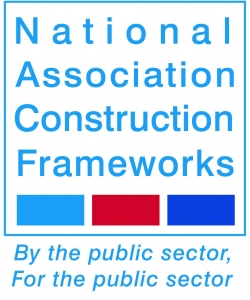Building with Integrity: Ethical Delivery in Construction
If you were to ask a construction professional what they mean by ethical procurement, you would likely get a myriad of answers. They may cite local spend and keeping economic activity in the area to stimulate the local economy, or perhaps it’s about designing buildings with low environmental impact. Helping small businesses to grow by giving them business opportunities, training and developing new skills in staff and encouraging them to participate in community initiatives may also feature.
So, where do we look to guide us in knowing how to prioritise any and all of the above? What are demonstrable social, economic, and environmental benefits, and crucially is the industry established enough to deliver these as ‘business as usual’? We must factor that there will be different priorities for every organisation with varying corporate policies, and therefore no one-size-fits-all approach.
We also must be careful that addressing one area doesn’t translate into unethical practice elsewhere. For example, a report by the Clean Energy Council, representing renewable energy companies and solar installers, called for more local renewable energy production and manufacturing and a “certificate of origin” scheme to counter concerns about slave labour in mineral extraction and manufacturing in China, Africa and South America.
There is an argument that in order to benchmark ethical delivery, we could benefit from an industry standard value calculator, but this does beg the question of whether it is right that a business can profit from deciding the monetary value of ethical conduct. Similarly, it could be argued that asking a third-party business to judge what’s more valuable to society is just outsourcing the responsibility.

